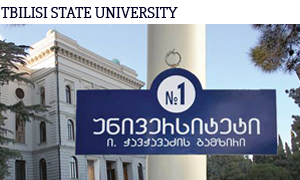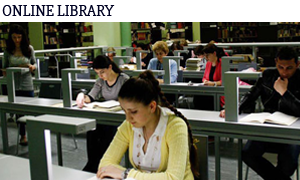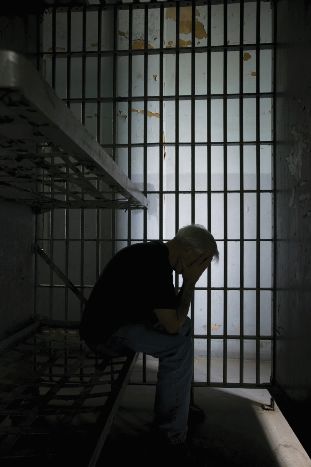
Journal Number: 0
In 2014, Nova Science Publishers issued a book entitled Laffer- Keynesian Synthesis and Macroeconomic Equilibrium by Georgian economists Iuri Ananiashvili, Professor at the TSU Faculty of Economics and Business and Head of the Department of Econometrics and Vladimer Papava, TSU Rector and Professor at the Faculty of Economics and Business. The book, consisting of four chapters, has been highly recommended by famous economists Farrokh K. Langdana, Professor at the Finance and Economics Department at Rutgers Business School; Louis H. Ederington, Professor at the University of Oklahoma, and Evgeny Balatsky, Chief Research Fellow at the Moscow Central Economics and Mathematics Institute. The book will help specialists and readers interested in general macroeconomic patterns to clarify the role of taxes in the process of economic development.
Studying the existing coalfields and gas deposits available in Georgia has been a principal activity for TSU’s Caucasian Aleksandre Tvalchrelidze Institute of Mineral Resources. Apart from the economic significance of methane, it presents a hazard for local populations if not correctly managed. The tragic incidents of 2011-12 that took the lives of more than 20 miners as a result of methane explosions in a Tkibuli coal miners have shown it is essential to undertake further research. Between 2010 and 2012, with financing by the Shota Rustaveli National Science Foundation, the Institute carried out a geological and economic evaluation of gas in the Tkibuli-Shaori coal seams to substantiate a rationale and methodology for extraction.
Glaciers are a unique part of the earth’s geographical sphere, where atmospheric precipitation accumulates and turns into solid ice. They are the greatest reservoir of fresh water on the planet and according to geographers they are Georgia’s most important natural resource. Today the attention of the whole world has turned to glaciers, and long-term complex studies are being carried out.
In 2014, the Open Society-Georgia Foundation sponsored a project entitled Liberalizing Trends in Georgian Criminal Law organized at the initiative of a group of TSU Law Faculty Professors. As TSU law professors clarify, the incentive to undertake such a project was to address the tendencies prevailing in Georgian legislation since 2004. The authoritarian influence on Georgian legislators was reflected by a number of changes, for example more acts were criminalized; the composition of already existing crimes were expanded; penalties were changed in such a way that the judge was not entitled to pass individualized punishments; and issuing fines, as additional punishments, became unfairly common. Furthermore, the principle of absorption while having the case of several crimes was changed into the rule of accumulating crimes.







